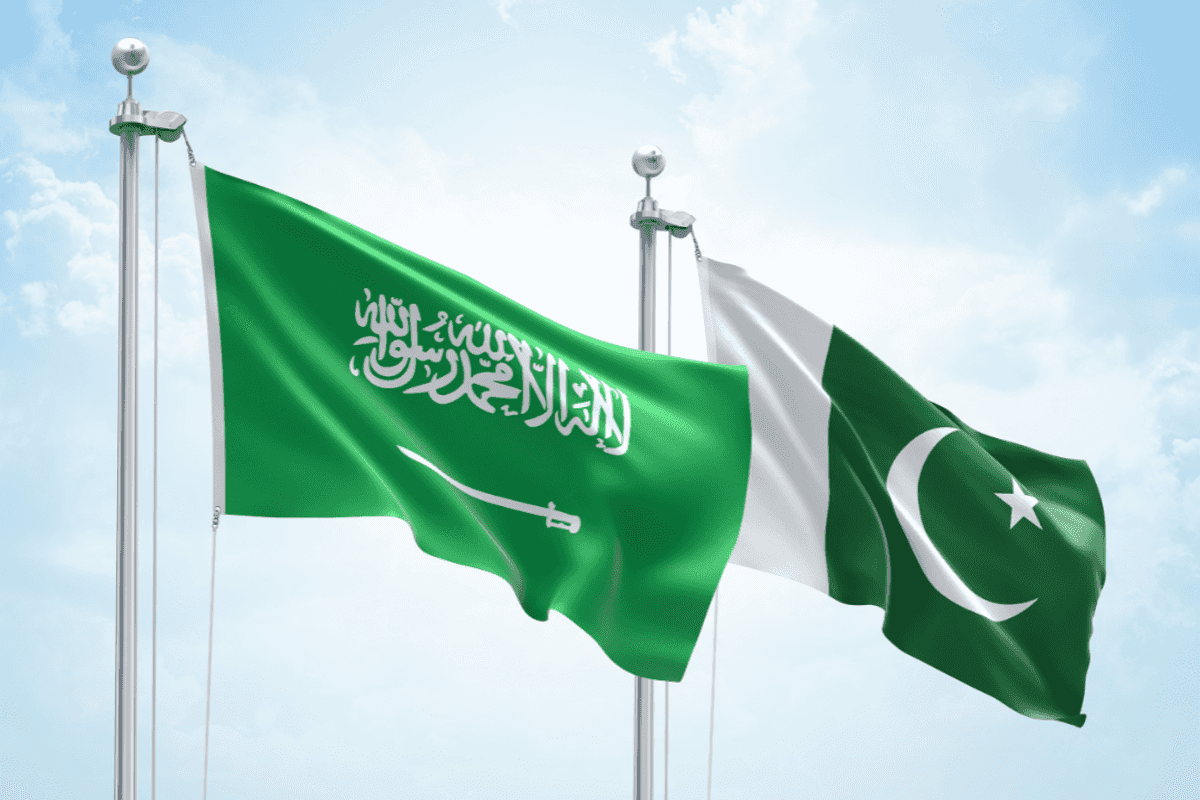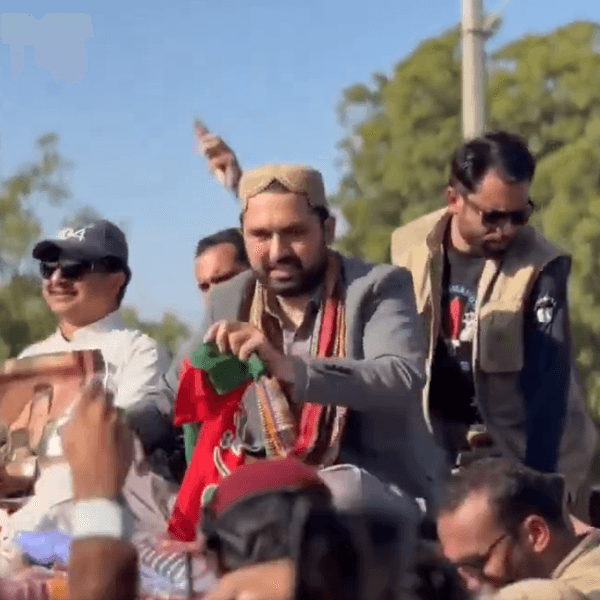Pakistan-Saudi pact seen as catalyst for sustainable growth, investment inflows
Agreement could boost mining, agriculture, and private sector confidence, but success hinges on reforms and disciplined economic management
Business Desk
The Business Desk tracks economic trends, market movements, and business developments, offering analysis of both local and global financial news.

Shutterstock
The agreement between Pakistan and Saudi Arabia represents a potential trigger that can set Pakistan on a path of sustainable growth.
Enhanced financial flows and sustainable investments would not only strengthen Pakistan’s external position but also bolster private sector confidence.
The country’s investment to GDP ratio has been on a declining trajectory and requires a clear strategic direction to reverse course, generate employment and absorb the growing population. Moreover, materialization of such inflows would ease pressure on the the central bank, enabling it to maintain a more stable policy rate.
However, these must be complemented by critical reforms primarily in state-owned enterprises and taxation, as the realization of economic opportunities will create the fiscal space needed to implement them.
The local bourse is already on a remarkable run, setting new highs week after week. Any positive breakthrough on this front, combined with continued adherence to International Monetary Fund (IMF) guidelines, has the potential to push valuations higher.
That said, ultimate outcome hinges on disciplined economic management and the successful conversion of this strategic understanding into concrete investment opportunities.
According to a report prepared by Insight Securities, the historic agreement between Pakistan and Saudi Arabia marks a significant milestone in the longstanding friendship between the two nations.
The geopolitical landscape is evolving, particularly after the India-Pakistan clashes in May, Iran-Israel confrontation and recent strikes in Qatar. At this juncture, the defense pact between two countries that hold a special position in the Muslim world is poised to reshape regional power dynamics.
Market chatter suggests that other Arab states are also considering similar arrangements with Pakistan, following Saudia Arab's lead.
Parallels can be drawn with the post-9/11 era, when security diplomacy between Pakistan and the U.S. translated into significant foreign assistance and investment flows. A similar outcome could emerge today as Saudi Arabia already extends vital support through deferred oil facilities & State Bank of Pakistan deposit rollovers.
This new agreement has the potential to elevate the partnership as it could open avenues for investment in mining, agriculture and other strategic sectors.
During the earlier cycle, Pakistan was on an IMF program and had undertaken some preliminary macroeconomic reforms which culminated into contained twin deficits, a surplus on primary balance and low inflation and interest rates. However, after initial impetus, macroeconomic reforms stalled in 2006-07. The growth model overwhelmingly tilted toward consumption, imports surged, savings and investments fell, and the twin deficits started widening, which was further exacerbated by spike in global oil/food prices and delays in policy action.
Pakistan is again under an IMF program, with conditionalities designed to stabilize macro fundamentals. During the last 2-3 years, reform measures, along with some help from falling commodity prices, have revived macroeconomic stability as evident by significant improvement in macroeconomic indicators.
A second chance
The recent agreement provides Pakistan another opportunity—effective utilization will depend on how rationally resources are deployed. The current environment is conducive and favorable for the country with lower commodity prices and an IMF program, which should anchor economic rationality.
The government’s focus on mining and its ambition to shift from a consumption driven to sustainable growth model align well with Saudi Arabia’s strategy to diversify away from oil. This creates a natural convergence of interests, particularly in the mining sector, where Saudi investment appetite is already strong.
Moreover, agriculture sector stands out as an another potential area for investment, given Pakistan’s productivity levels are significantly below regional peers. The sector represents a low-hanging fruit that could help generate exportable surpluses while simultaneously creating economic opportunities for local communities.
As per news sources, Pakistan's Special Investment Facilitation Council is set to host a Saudi delegation next month where talks will revolve around potential economic/investment opportunities.
In addition, human capital continues to be a cornerstone of Pakistan’s ties with Arab nations, with a substantial share of the Pakistani workforce playing a vital role in their economic development. Remittances from them is a lifeline for Pakistan’s external account and domestic consumption.
Beyond its security dimension, the defense pact could bolster opportunities for Pakistan to enhance its presence in the regional services sector.







Comments
See what people are discussing